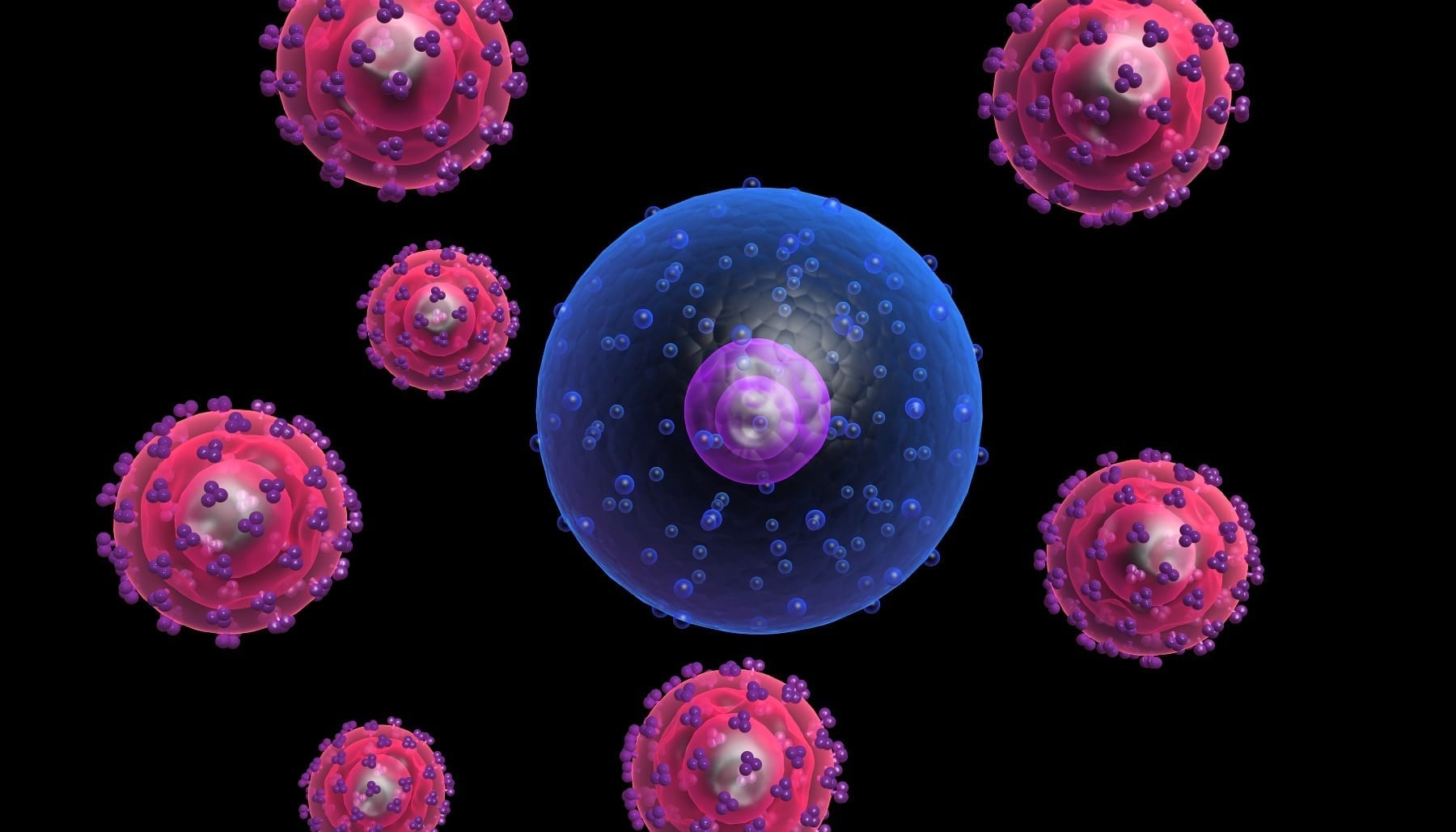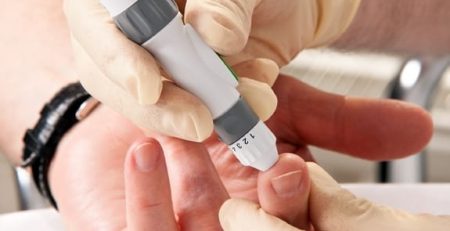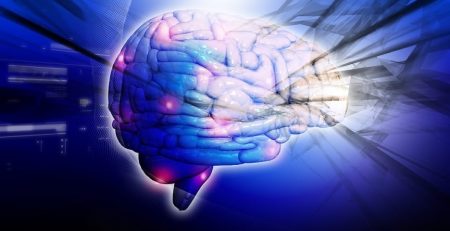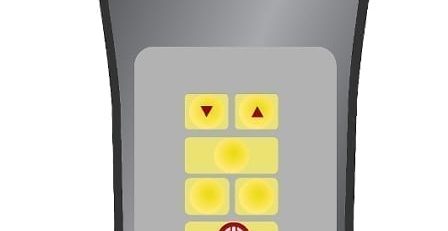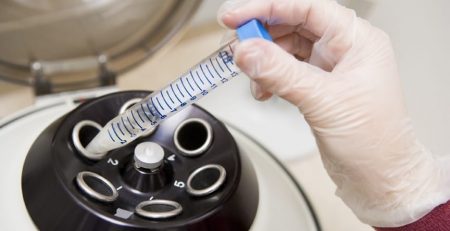Single Cells Can Remeber
Researchers from the University of Basel’s Biozentrum in Switzerland have discovered that like our brains, individual cells have a memory, sort of. The group, led by Professor Attlia Becskei have discovered that in order to make this possible, cells need positive feedback from their proteins, and that these proteins need to form pairs in these feedback loops to store information.
“For dimerization the proteins must be present in the right concentration. If there are too few proteins, no pairs form and the cell does not store information. But when the protein concentration is too high, coupling does not work either.” Says Becskei “It’s similar to us humans. In large cities, packed with people, dating is difficult. But living alone in the countryside does not make it easier to find a partner. So we also need to be at the right place at the right time.”
The feedback not only provides information, but cell division and differentiation, creating specialized cells. Understanding how this takes place can also pave the way to understanding how to erase the cell’s memory, possibly creating the ability to turn a specialized cell, back into an unspecialized stem cell.
“For cellular reprogramming the cell must first forget that is was a skin cell,” says Becskei. “Using mathematical models we have developed, we now want to investigate, which other feedback loops contribute to cellular memory.”
You can read more about the research here.




